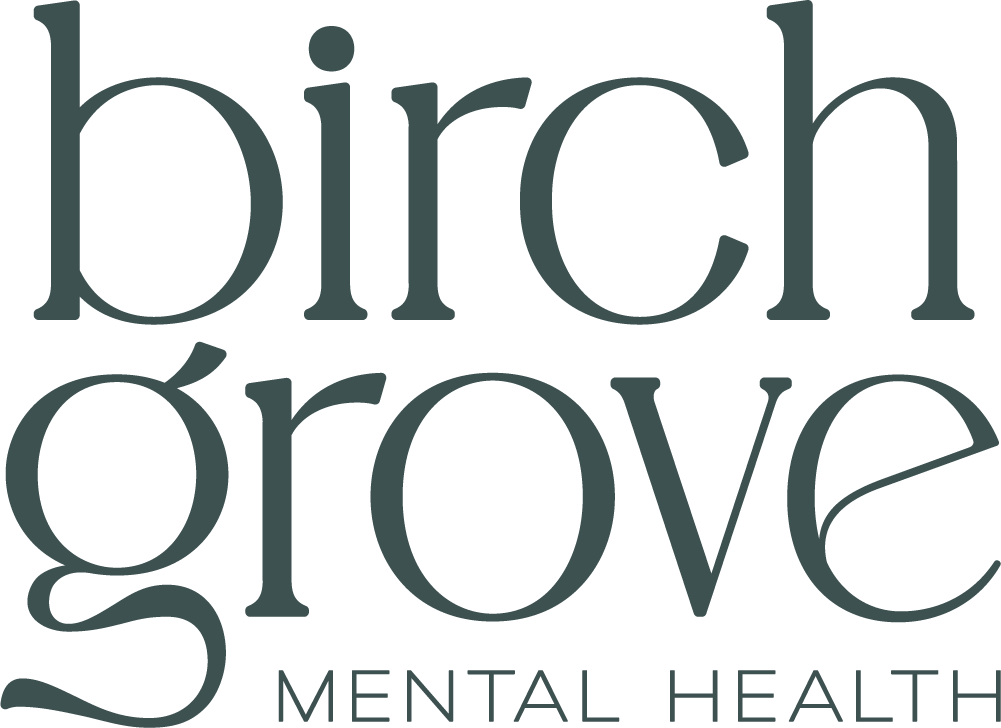Mental health is a complex and multifaceted issue, influenced by a variety of factors, including genetics, environment, and lifestyle. While professional therapy and medication are often necessary for managing mental health conditions, many people are surprised to learn that making certain lifestyle changes can also have a significant positive impact on mental well-being.
- Exercise: A Natural Mood Booster
Regular physical activity is one of the most powerful lifestyle changes you can make for your mental health. Exercise triggers the release of endorphins, the brain’s “feel-good” chemicals, which help reduce stress, anxiety, and symptoms of depression. Studies have shown that even moderate exercise, such as walking for 30 minutes a day, can significantly improve mood and reduce feelings of tension and worry.
- Nutrition: The Link Between Gut and Mind
What we eat can greatly influence how we feel. A diet rich in nutrients—like omega-3 fatty acids, vitamins, and minerals—can support brain function and improve mood. In fact, recent research suggests that gut health and mental health are closely linked. Eating a balanced diet with plenty of fruits, vegetables, and whole grains can help reduce inflammation in the body, potentially easing symptoms of depression and anxiety.
- Sleep: Restorative and Essential
Getting enough sleep is crucial for mental health. Lack of sleep can increase feelings of anxiety, irritability, and sadness, and can even contribute to the development of mental health disorders. Aim for 7-9 hours of quality sleep per night. A consistent bedtime routine, reducing screen time before bed, and creating a calm sleeping environment can improve sleep quality and, in turn, support your mental well-being.
- Mindfulness and Meditation: Calm the Mind
Practices like mindfulness and meditation are becoming increasingly popular for their ability to help people manage stress and improve emotional regulation. These practices encourage being present in the moment and focusing on one’s thoughts and feelings without judgment. Research shows that regular meditation can help reduce anxiety, depression, and overall stress levels. Even just 10 minutes a day can make a difference.
- Social Connections: The Power of Support
Strong, healthy relationships are one of the most important factors in maintaining mental health. Socializing and building connections with friends, family, and even support groups can provide emotional support, reduce feelings of isolation, and help prevent mental health problems from worsening. It’s essential to prioritize time with loved ones and build a support network to help you navigate life’s challenges.
- Stress Management: Taking Control
Chronic stress is one of the leading contributors to mental health problems. Learning how to manage stress is vital for maintaining good mental health. Lifestyle changes like time management, setting boundaries, and engaging in activities that promote relaxation (like deep breathing or yoga) can help reduce stress levels and protect your mental health over time.
Conclusion
While lifestyle changes are not a substitute for professional care, they can complement treatment and offer powerful tools for improving mental well-being. By focusing on exercise, nutrition, sleep, mindfulness, social connections, and stress management, you can build a foundation for a healthier mind. Remember, small changes can add up to significant improvements in your mental health over time.
Looking for professional support? Contact us at Birch Grove Mental Health to learn more about our services and how we can help.
Sources:
- Harvard Medical School. (2021). The connection between exercise and mental health. Harvard Health Publishing.
- Mayo Clinic. (2022). Nutrition and mental health: How food affects your mood. Mayo Clinic.
- National Sleep Foundation. (2020). How sleep affects your mental health. National Sleep Foundation.
- American Psychological Association. (2019). Mindfulness and stress management: The importance of being present. APA.
- National Institute of Mental Health. (2021). Social support and mental health. NIMH.

